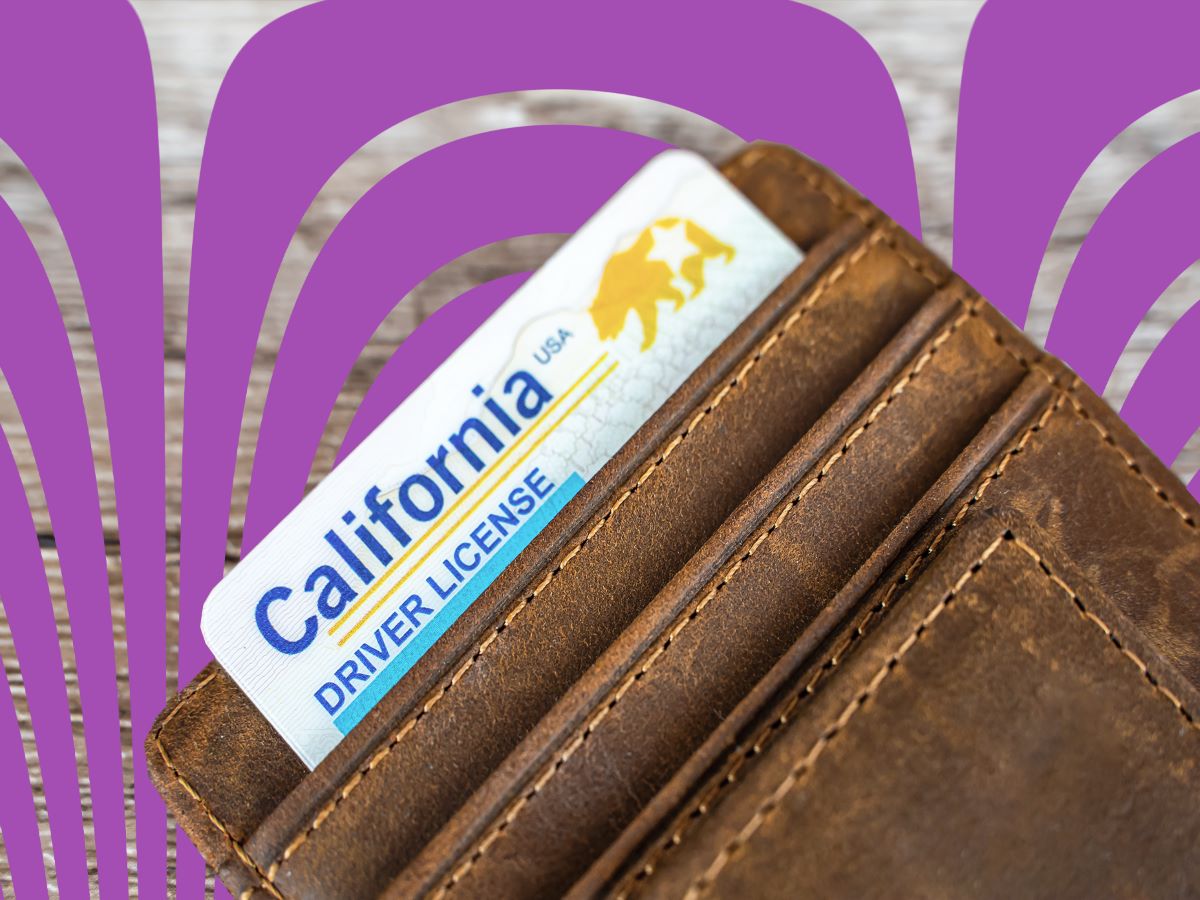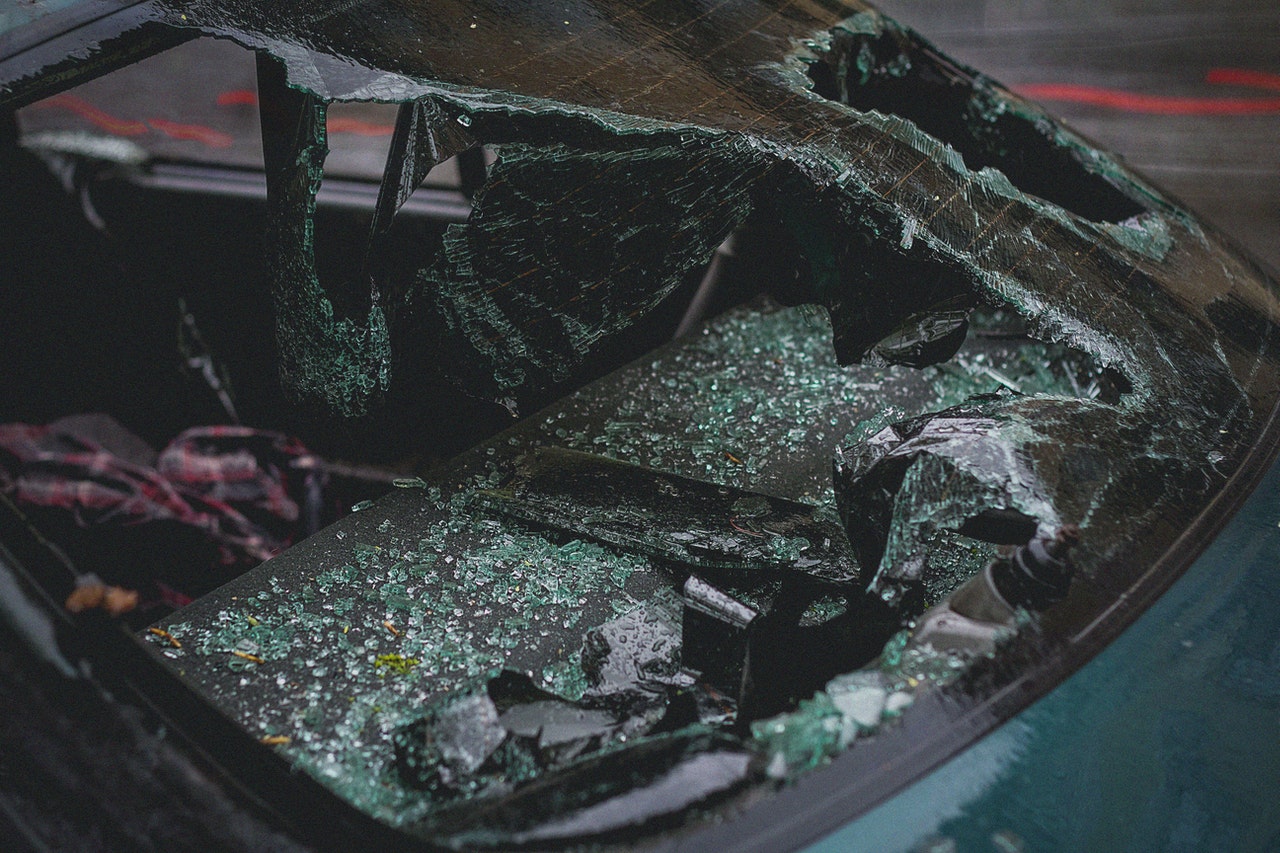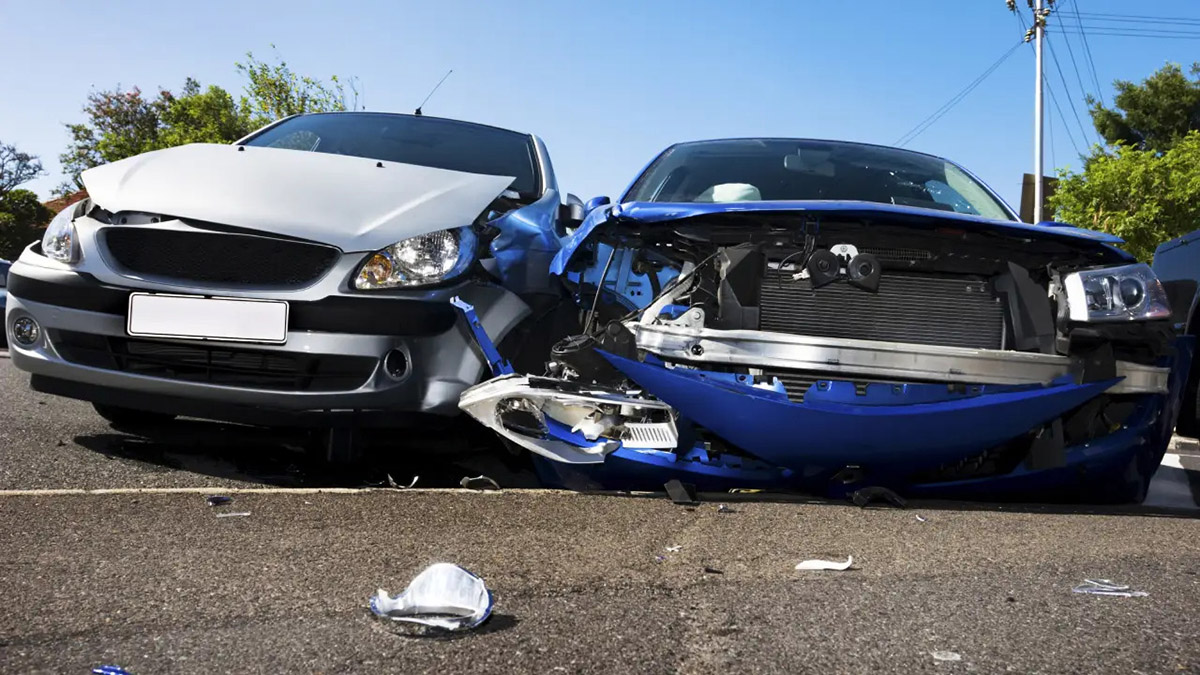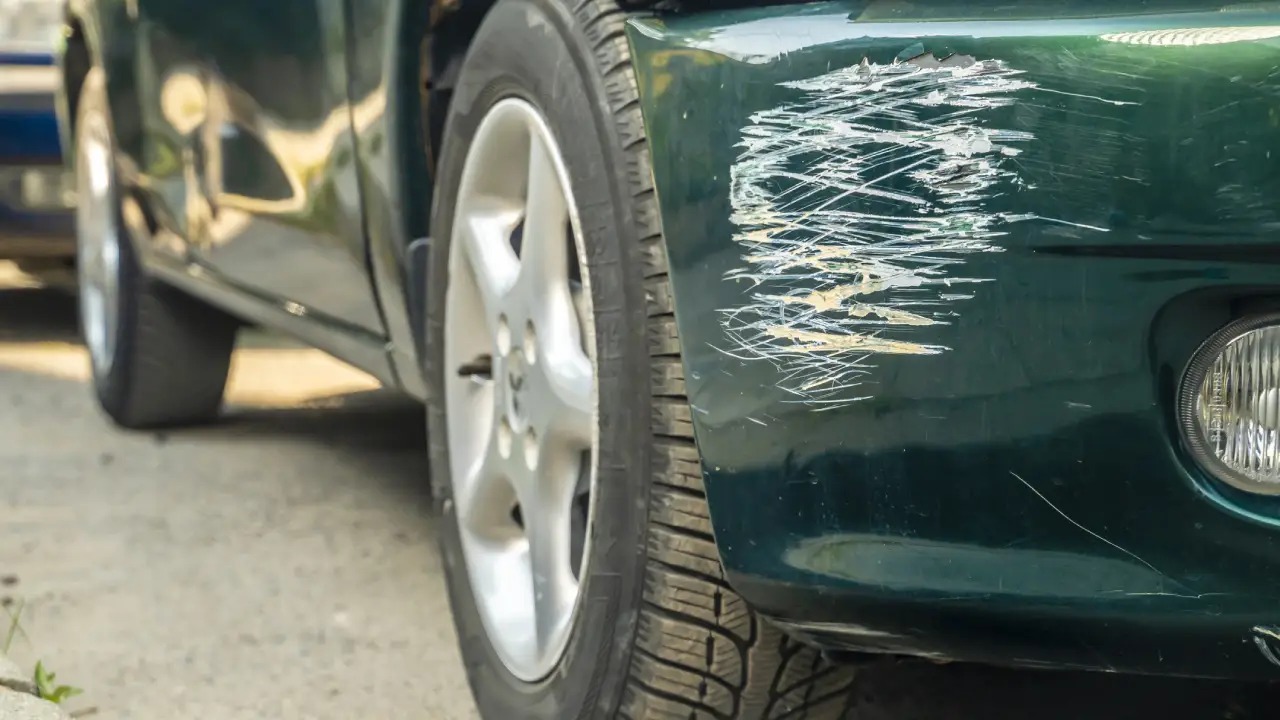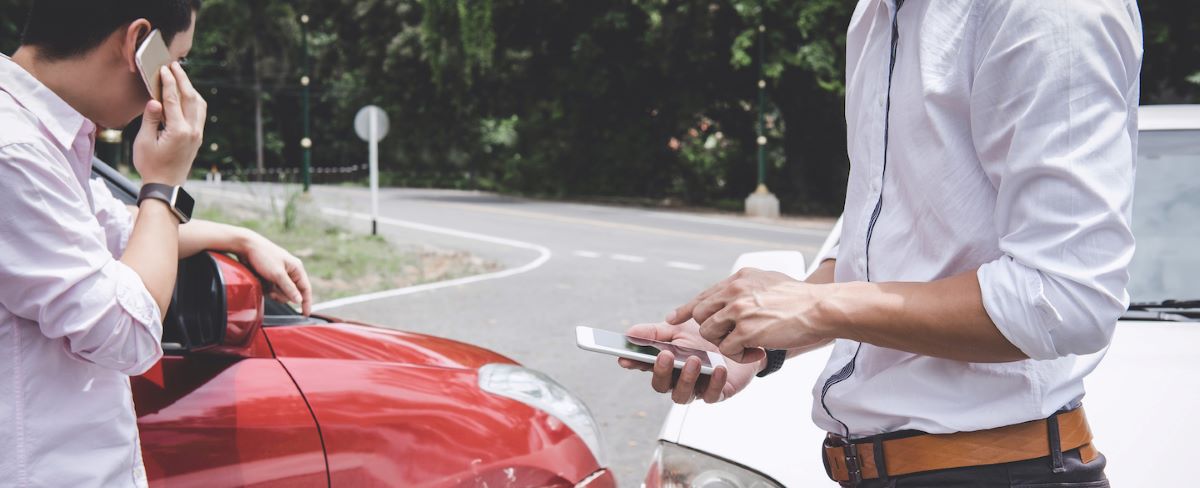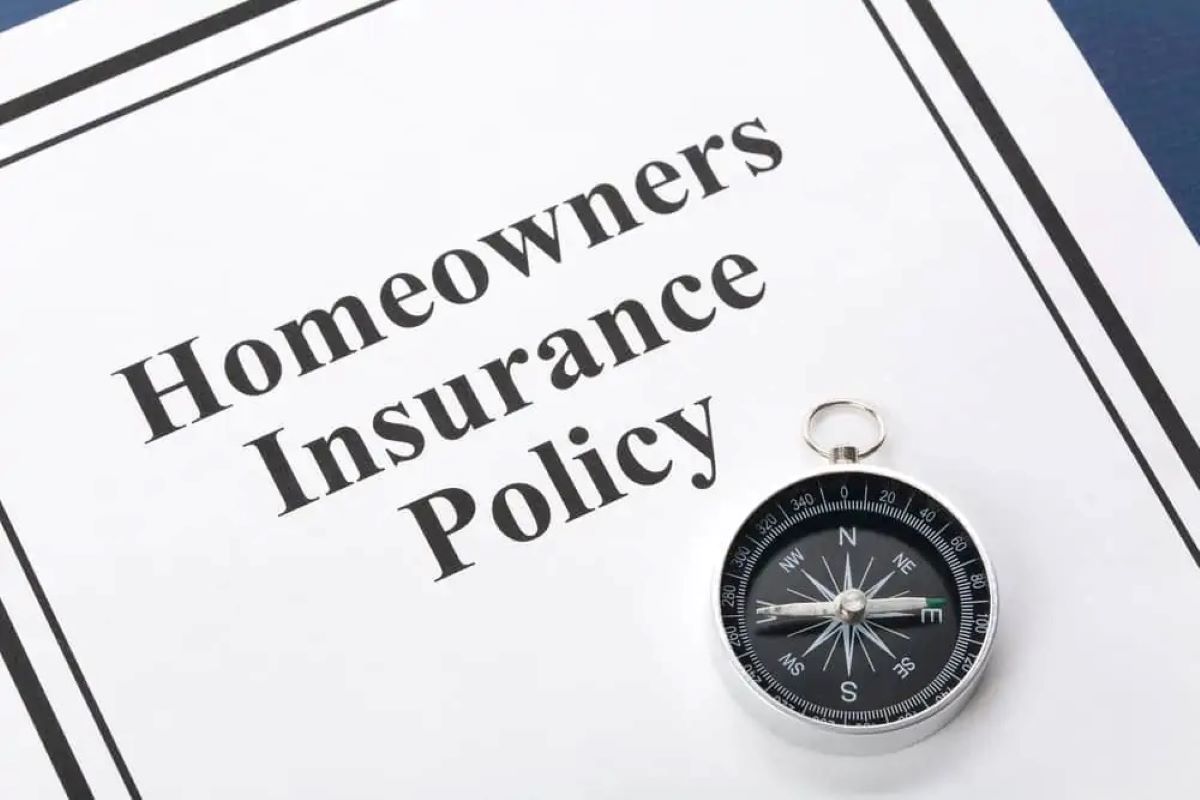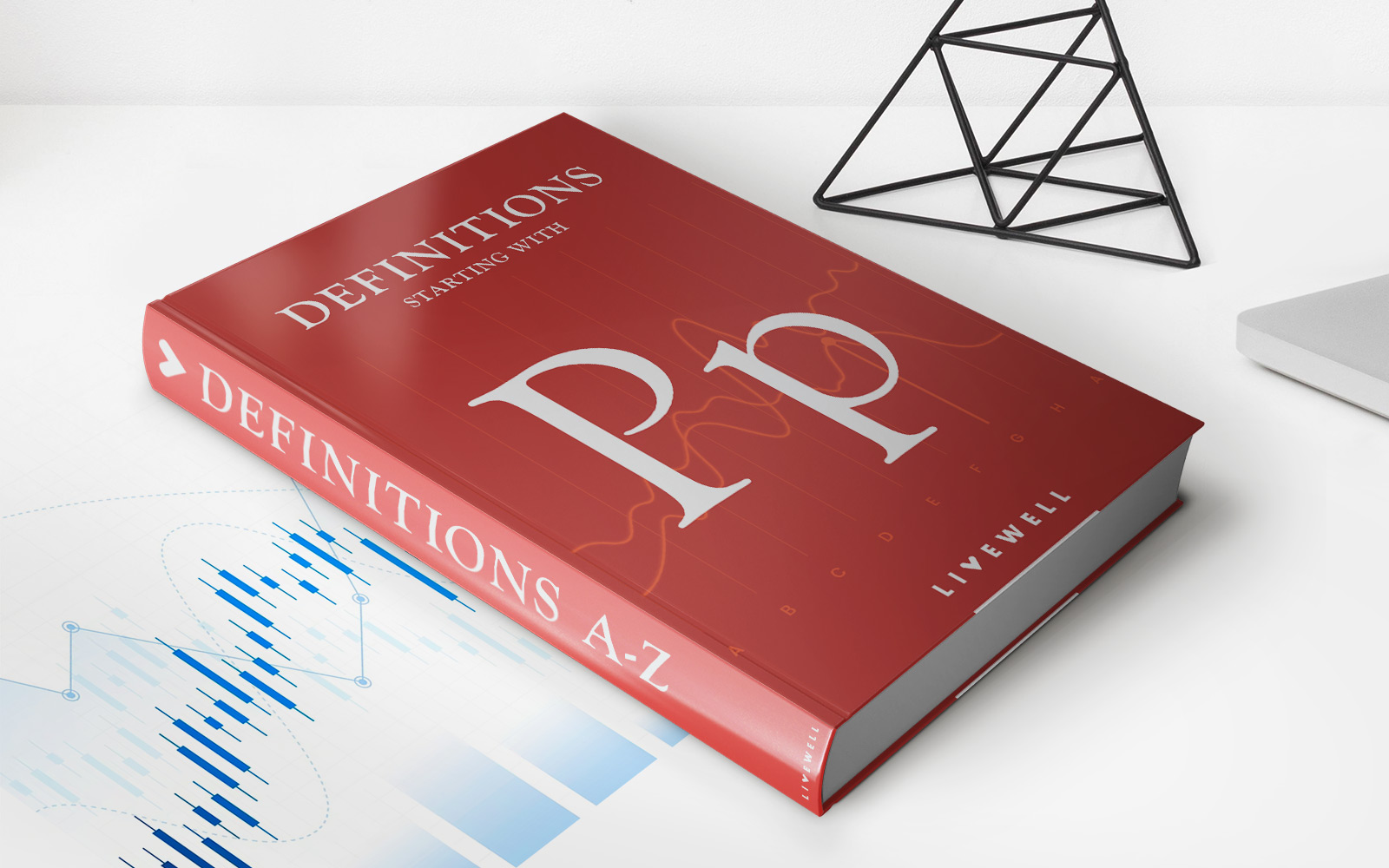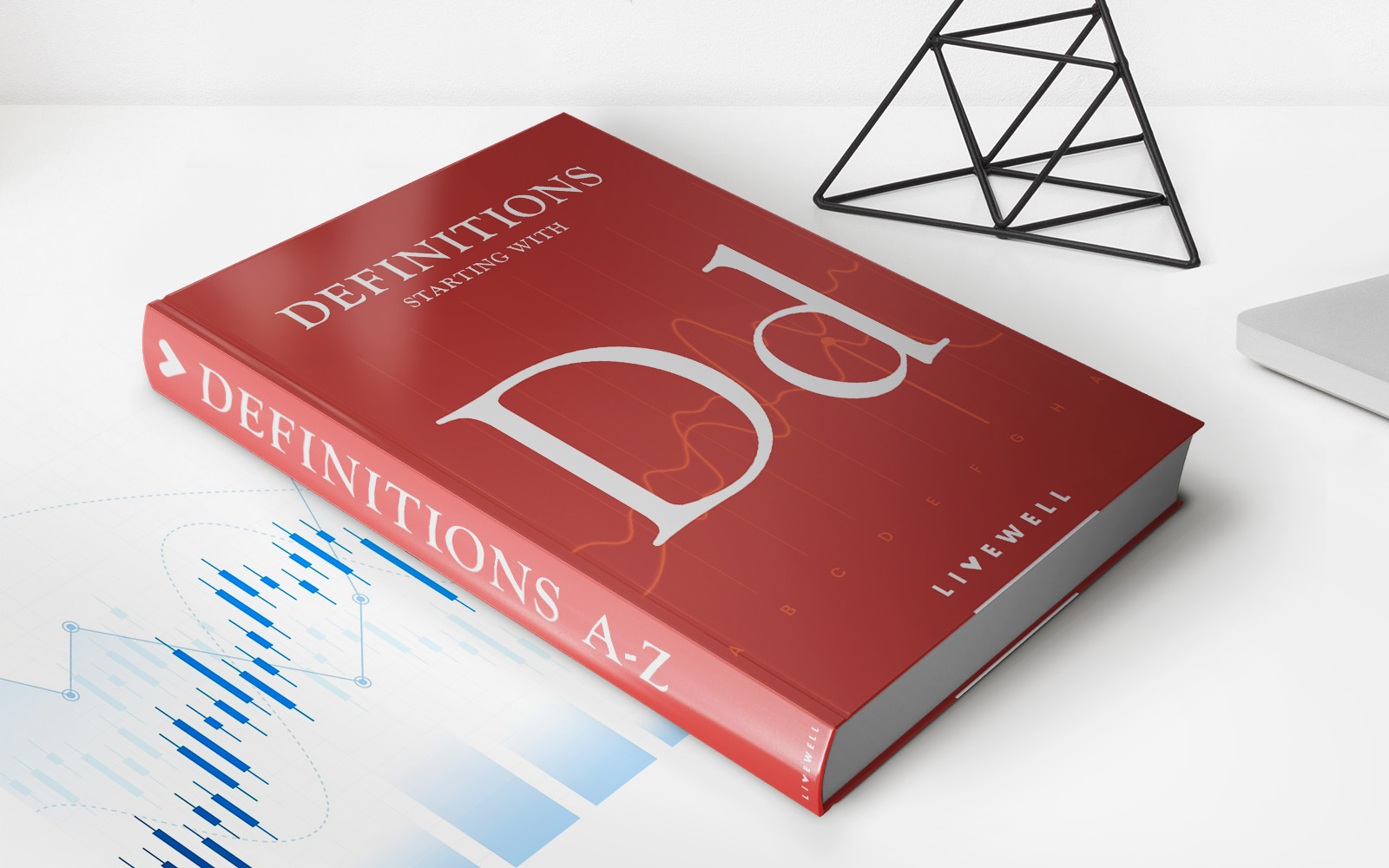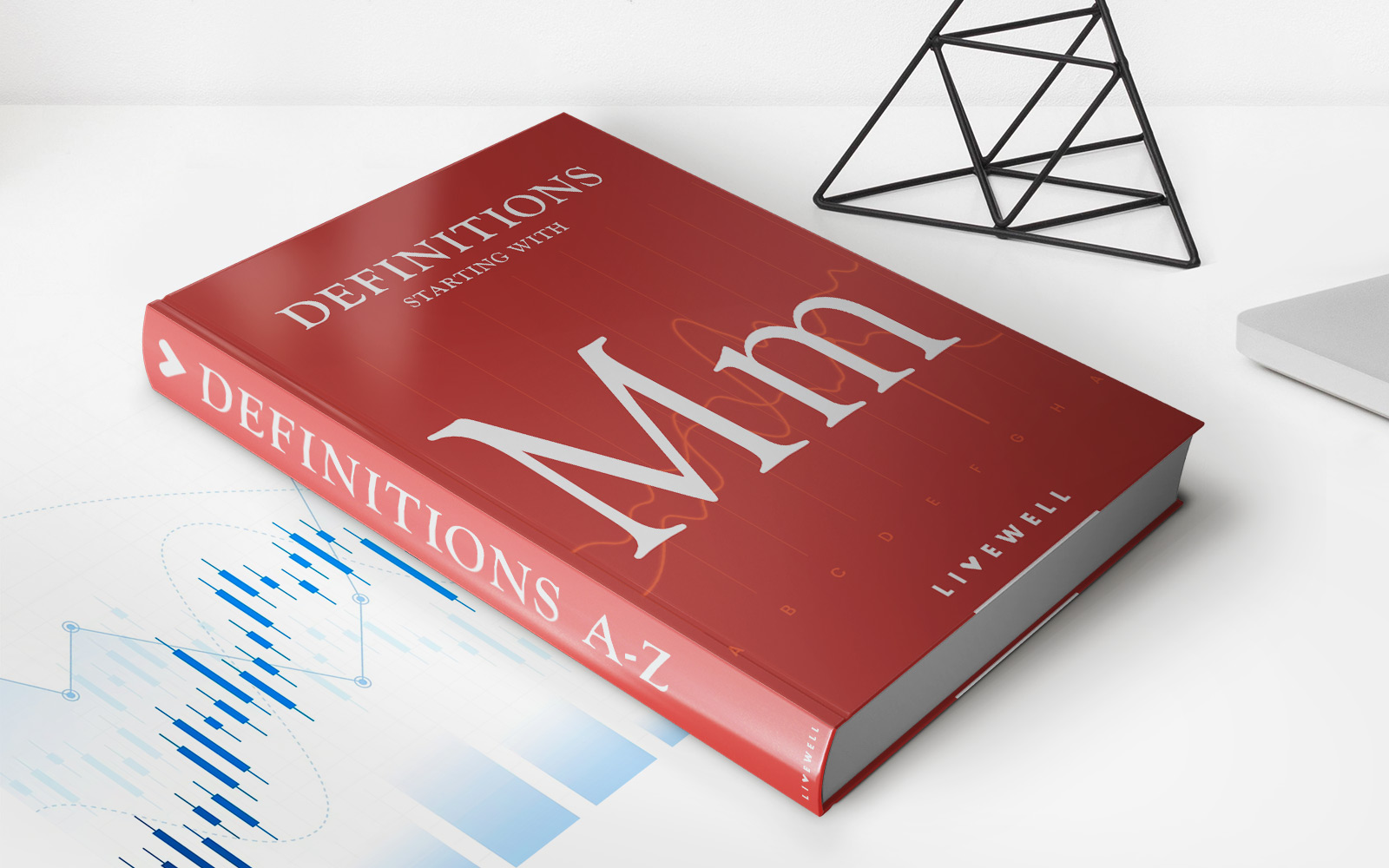Home>Finance>What Happens If You Have No Insurance But The Other Driver Was At Fault In California?
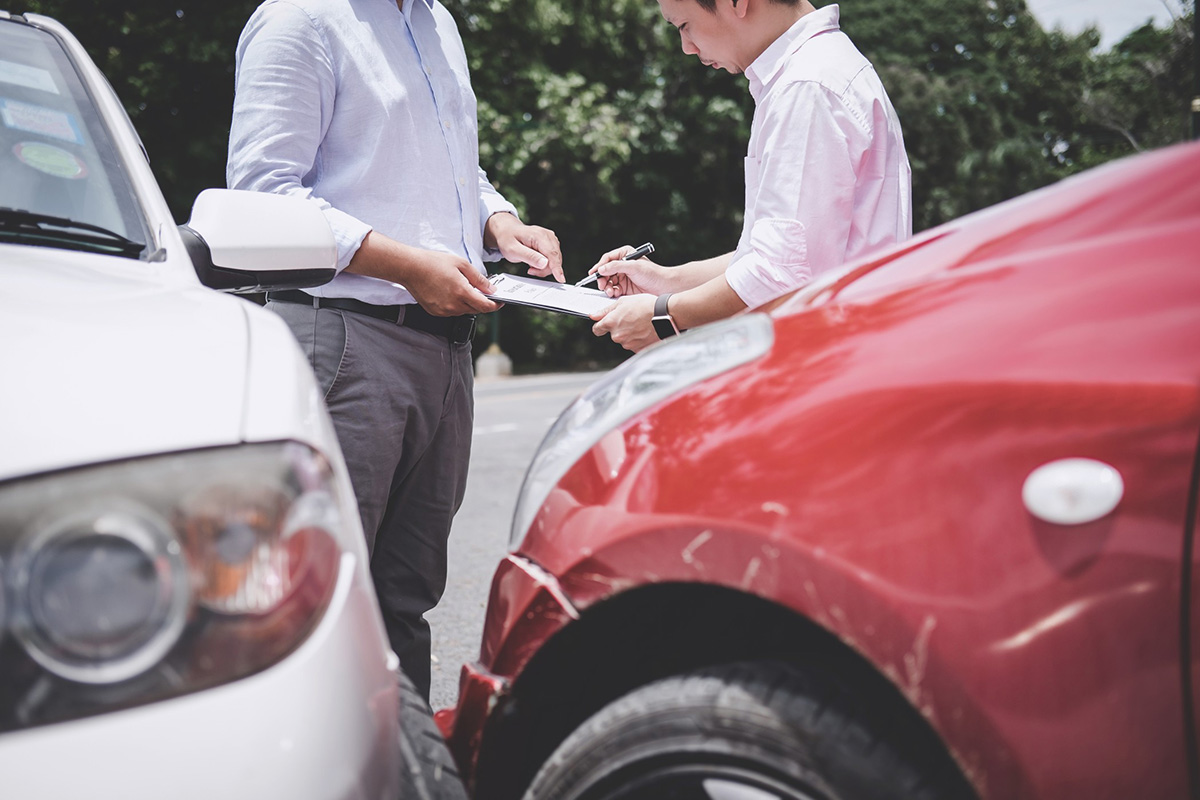

Finance
What Happens If You Have No Insurance But The Other Driver Was At Fault In California?
Published: November 21, 2023
If you don't have insurance but the other driver is at fault in California, you may face financial burdens for repairs and medical expenses. Learn more about the options for financial assistance.
(Many of the links in this article redirect to a specific reviewed product. Your purchase of these products through affiliate links helps to generate commission for LiveWell, at no extra cost. Learn more)
Table of Contents
- Introduction
- Understanding Fault in Car Accidents
- No-Fault Insurance in California
- Consequences of Not Having Insurance
- The Role of Fault in Determining Liability
- Pursuing Legal Action Without Insurance
- Seeking Compensation from the At-Fault Driver
- Dealing with Insurance Companies as an Uninsured Driver
- Possible Options for the Uninsured Driver
- Seeking Legal Advice and Assistance
- Conclusion
Introduction
Car accidents can happen unexpectedly, and the aftermath can be overwhelming, especially when it comes to determining fault and dealing with insurance companies. But what happens when you don’t have insurance, yet the other driver is at fault? This is a common concern for many drivers in California.
California is known as a fault-based insurance state, meaning that the driver who is determined to be at fault in an accident is responsible for covering the damages and injuries incurred by the other party involved. However, the lack of insurance on your part can complicate the situation even further.
Not having insurance in California is a serious offense and can lead to legal and financial consequences. In addition to fines and penalties, being uninsured can leave you vulnerable to a potential lawsuit if the at-fault driver decides to pursue legal action against you. It is crucial to understand your rights, options, and the potential outcomes if you find yourself in this situation.
In this article, we will explore what happens when you have no insurance but the other driver is at fault in a car accident in California. We will discuss the concept of fault in car accidents, the role of insurance, and provide helpful information to navigate through this challenging scenario.
Understanding Fault in Car Accidents
In order to comprehend the implications of not having insurance when the other driver is at fault, it is important to understand how fault is determined in car accidents. Fault is typically assigned based on the concept of negligence, which refers to the failure to exercise reasonable care while driving.
In California, fault is assigned using a comparative negligence system, specifically a pure comparative negligence system. This means that each party involved in the accident can be assigned a percentage of fault based on their actions leading up to the collision. For example, if one driver is found to be 80% at fault and the other driver is found to be 20% at fault, the damages and liability will be apportioned accordingly.
To establish fault, various factors are taken into consideration, such as traffic laws, eyewitness testimonies, police reports, and any available evidence, such as skid marks or surveillance footage. It is essential to gather as much evidence as possible to support your claim and prove the other driver’s negligence.
Having insurance can play a crucial role in the determination of fault. Typically, insurance companies conduct their own investigations to determine fault and make decisions regarding liability and coverage. However, as an uninsured driver, you may not have access to those resources and will need to navigate the process without the assistance of an insurance company.
When it comes to establishing fault, it is important to remember that even if the other driver is primarily at fault, your lack of insurance can potentially impact the outcome. It is important to be aware of the potential consequences and seek legal advice to protect your rights and navigate the legal processes that may follow.
No-Fault Insurance in California
While California is a fault-based insurance state, it is important to note that when it comes to car accidents, it does not operate under a traditional “no-fault” insurance system. In no-fault insurance states, each party’s insurance company covers their medical expenses and other damages, regardless of who is at fault.
In California, however, drivers are required to carry liability insurance that covers bodily injury and property damage caused by an accident. This insurance is meant to protect the injured party and provide compensation for their losses. Without liability insurance, you are in violation of California’s financial responsibility laws.
It’s important to understand that even though California is not a no-fault insurance state, having insurance is still crucial. Your insurance policy would typically help cover the costs for medical expenses, property damage, and other losses, regardless of who is at fault. It acts as a safeguard, ensuring that you have support in the event of an accident, regardless of whether you are at fault or not.
Not having insurance can lead to severe consequences, such as fines, license suspension, and even potential criminal charges. Additionally, being uninsured can impact your ability to seek compensation from the at-fault driver, as their insurance company may argue that your lack of insurance has contributed to the damages.
It is essential to comply with California’s insurance requirements and carry adequate insurance coverage to protect yourself and others on the road. However, if you find yourself in a situation where you are uninsured and the other driver is at fault, it is important to understand your options and rights.
Consequences of Not Having Insurance
Not having insurance in California can have significant legal and financial consequences. It is important to understand and be aware of the potential ramifications to make informed decisions about your insurance coverage.
One of the primary consequences of not having insurance is the violation of California’s financial responsibility laws. These laws require all drivers to have liability insurance that covers bodily injury and property damage. When you fail to meet this requirement, you can face fines, license suspension, and the impoundment of your vehicle.
In addition to the legal consequences, being uninsured can leave you vulnerable to a potential lawsuit in the event of an accident. If the other driver is injured and determines that you are at fault, they have the right to sue you for compensation. Without insurance, you are responsible for covering the damages and injuries out of your own pocket. This can lead to significant financial hardship and potentially put your assets at risk.
Furthermore, being uninsured can impact your ability to seek compensation from the at-fault driver’s insurance company. They may argue that your lack of insurance has contributed to the damages and could limit their liability. This can make it more challenging for you to recover adequate compensation for medical expenses, property damage, and other losses incurred as a result of the accident.
It is crucial to understand that the consequences of not having insurance extend beyond the immediate aftermath of an accident. It can have long-lasting effects on your financial stability and ability to drive legally. Therefore, it is strongly recommended to maintain proper insurance coverage to protect yourself and others on the road.
If you find yourself in a situation where you are uninsured and the other driver is at fault, seeking legal advice and assistance is essential. An experienced attorney can help you understand your rights, navigate the legal processes, and potentially negotiate with the insurance companies involved to ensure you receive fair compensation.
The Role of Fault in Determining Liability
When it comes to car accidents, fault plays a crucial role in determining liability and the allocation of responsibility for damages and injuries. In California, fault is typically assigned based on negligence, which refers to the failure to exercise reasonable care while driving.
Establishing fault is a complex process that involves assessing various factors, such as traffic laws, eyewitness testimonies, police reports, and available evidence. The driver who is determined to be at fault is responsible for covering the damages and injuries incurred by the other party involved in the accident.
In a scenario where you have no insurance but the other driver is at fault, fault still plays a significant role in determining their liability. Their insurance company will typically be responsible for compensating you for your losses. However, your lack of insurance can complicate the process.
The at-fault driver’s insurance company may argue that your lack of insurance has contributed to the damages or that you should bear a portion of the responsibility. They may use this as a reason to offer you a lower settlement amount or deny your claim altogether. It is important to seek legal advice to understand your rights and navigate through these potential challenges.
Additionally, it is important to note that California follows a pure comparative negligence system, which means that both parties involved in the accident can be assigned a percentage of fault. Even if the other driver is primarily at fault, if you are found to have contributed to the accident in any way, your recovery of damages may be reduced by your percentage of fault.
Understanding the role of fault in determining liability is crucial in situations where you have no insurance but the other driver is at fault. Consulting with an attorney who specializes in car accident cases can help you navigate through the legal processes and ensure you receive fair compensation for your losses.
Pursuing Legal Action Without Insurance
Being involved in a car accident without insurance can be a daunting situation, especially if the other driver is at fault. However, not having insurance does not necessarily mean you are without legal options to seek compensation for your losses.
If you have no insurance but the other driver is at fault, you can consider pursuing legal action to recover damages. This typically involves filing a personal injury lawsuit against the at-fault driver. However, it is important to note that pursuing legal action without insurance can be more challenging and complex.
One of the key challenges of pursuing legal action without insurance is the potential financial burden. Without insurance, you may be responsible for covering the costs associated with filing a lawsuit, including court fees, expert testimonies, and legal representation. This can be a significant financial strain, especially if you are already dealing with medical expenses and other accident-related costs.
Additionally, without insurance, you are at a disadvantage when it comes to the settlement negotiations with the at-fault driver’s insurance company. They may be less willing to offer a fair settlement, knowing that you lack the protection and support of an insurance policy. This makes it even more critical to consult with a skilled personal injury attorney who can advocate for your rights and negotiate on your behalf.
It is important to note that pursuing legal action without insurance does not guarantee a favorable outcome. The court’s decision will depend on various factors, including the evidence presented, witness testimonies, and the application of the law. Nevertheless, consulting with an experienced attorney can help you understand your legal options and assess the strength of your case.
Before considering legal action, it is crucial to be aware of the potential risks and costs involved. Consulting with an attorney who specializes in personal injury law can provide you with the necessary guidance and help you make an informed decision about pursuing legal action without insurance.
Seeking Compensation from the At-Fault Driver
If you have no insurance but the other driver is at fault in a car accident, you may still have the option to seek compensation from the responsible party. However, this process can be complex and challenging, as you will be navigating it without the support of your own insurance company.
When seeking compensation from the at-fault driver, it is important to gather as much evidence as possible to support your claim. This can include photographs of the accident scene, witness statements, medical records, and any other relevant documentation. By documenting the damages and injuries sustained, you will have a stronger case when pursuing compensation.
Once you have gathered the necessary evidence, you can approach the at-fault driver or their insurance company to request compensation for your losses. It is important to be prepared for potential resistance or a low settlement offer, especially if you do not have the leverage of your own insurance company advocating for you.
Keep in mind that negotiating with the at-fault driver’s insurance company may require legal expertise to ensure you receive fair compensation. Consulting with a personal injury attorney who specializes in handling cases involving uninsured drivers can greatly improve your chances of securing a favorable outcome.
If a settlement cannot be reached through negotiations, and you believe you have a strong case, you may consider filing a personal injury lawsuit against the at-fault driver. This will require you to navigate the legal process, including filing the necessary paperwork, attending court hearings, and presenting your case to a judge or jury.
It is worth noting that even if you are successful in proving the other driver’s liability, collecting the awarded compensation can be challenging if the at-fault driver does not have sufficient assets or insurance coverage. In such cases, enforcing a judgment and recovering the damages awarded may be more complicated.
Seeking compensation from the at-fault driver when you have no insurance requires careful navigation of legal processes and an understanding of your rights. Working with a skilled personal injury attorney can help you navigate these complexities, maximize your chances of success, and ensure you receive the compensation you deserve.
Dealing with Insurance Companies as an Uninsured Driver
As an uninsured driver involved in a car accident where the other driver is at fault, you may still need to engage with their insurance company. However, it’s important to note that without insurance coverage of your own, you won’t have the same level of support and guidance as you navigate the claims process. Here are some key considerations when dealing with insurance companies as an uninsured driver:
1. Contact the other driver’s insurance company: Notify the at-fault driver’s insurance company about the accident and provide them with the necessary information. Be honest and provide accurate details about the incident.
2. Be prepared for resistance: Without insurance, the other driver’s insurance company may be less inclined to offer a fair settlement. They may argue that your lack of insurance contributed to the damages or attempt to shift partial blame onto you. Be prepared for potential resistance and be vigilant in protecting your rights.
3. Consult with an attorney: Consider seeking legal advice from an experienced personal injury attorney who specializes in cases involving uninsured drivers. They can provide guidance, negotiate with the insurance company on your behalf, and protect your interests throughout the claims process.
4. Document and gather evidence: Collect and document as much evidence as possible to support your claim. This includes photographs of the accident scene, medical records, witness statements, and any other pertinent documentation. This evidence will be crucial in proving the other driver’s liability and demonstrating the extent of your damages.
5. Be cautious with recorded statements: When dealing with insurance companies, especially without the guidance of your own insurer, be careful with recorded statements. Insurance adjusters may try to use your statements against you or twist your words to weaken your claim. If you’re unsure, consult with an attorney before providing any recorded statements.
6. Consult with a healthcare provider: Seek medical attention as soon as possible after the accident. Even without insurance coverage, it’s crucial to receive proper medical care and document your injuries. Your healthcare provider may offer payment plans or alternative options for receiving necessary treatment.
7. Explore other possible sources of compensation: If the insurance company refuses to offer a fair settlement or denies your claim, consider exploring other potential sources of compensation. This can include pursuing a personal injury lawsuit against the at-fault driver or seeking assistance from victim compensation programs.
Dealing with insurance companies as an uninsured driver can be challenging and complex. However, with the guidance and support of an experienced attorney, you can navigate through the claims process and work towards obtaining the compensation you deserve.
Possible Options for the Uninsured Driver
Being an uninsured driver involved in a car accident where the other driver is at fault can be a difficult situation. However, there are still possible options available to navigate through this challenging scenario. Here are some options to consider:
1. Seek legal advice: Consulting with a personal injury attorney who specializes in cases involving uninsured drivers is crucial. They can assess your situation, advise you on your rights and options, and guide you through the legal processes involved in seeking compensation.
2. Negotiate with the at-fault driver’s insurance company: Despite being uninsured, you can still negotiate with the at-fault driver’s insurance company to seek fair compensation. Provide them with the necessary evidence to support your claim and try to negotiate a settlement. Having legal representation can significantly improve your chances of reaching a favorable outcome.
3. File a personal injury lawsuit: If negotiations with the insurance company are unsuccessful, you may consider filing a personal injury lawsuit against the at-fault driver. This legal action can help you pursue compensation for your damages, including medical expenses, lost wages, and pain and suffering. An attorney can guide you through the intricate process of filing a lawsuit and represent your interests in court.
4. Explore victim compensation programs: In some cases, certain states have victim compensation programs that provide financial assistance to victims of crimes or accidents, including car accidents. These programs may help cover medical expenses, counseling costs, and other related expenses. Research if your state has any such programs and explore the eligibility criteria.
5. Set up a payment plan: If you are facing financial difficulties due to an uninsured car accident, consider speaking with healthcare providers and other entities you owe money to. Explain your situation and see if they would be willing to set up a payment plan that allows you to manage the costs over time.
6. Explore additional sources of compensation: Be proactive in exploring other potential sources of compensation, such as uninsured/underinsured motorist coverage if you were a passenger in someone else’s vehicle, or determining if the at-fault driver has personal assets that can be pursued in a judgment. Consulting with an attorney can help you identify and pursue any available avenues for compensation.
Remember, having no insurance when the other driver is at fault can be challenging, but it doesn’t mean you are without options. Seeking legal advice and representation throughout the process can help protect your rights and improve your chances of receiving the compensation you deserve.
Seeking Legal Advice and Assistance
When you find yourself in a situation where you have no insurance but the other driver is at fault in a car accident, seeking legal advice and assistance is crucial. A knowledgeable attorney can provide valuable guidance and help protect your rights throughout the process. Here’s why it’s important to seek legal advice and assistance:
Understanding your rights: The laws and regulations surrounding car accidents and insurance can be complex. A personal injury attorney who specializes in uninsured driver cases can explain your rights and help you understand the legal implications of your situation.
Assessing the strength of your case: An attorney can evaluate the details of your case, including the evidence, witness statements, and other factors, to help determine the strength of your claim. They can provide an objective assessment and advice on whether pursuing legal action is in your best interest.
Navigating the legal process: Dealing with legal procedures and paperwork can be overwhelming. An attorney will guide you through the process, ensuring that you meet all necessary deadlines, complete required documentation accurately, and represent your interests effectively.
Negotiating with insurance companies: Insurance companies may try to minimize their payouts or deny your claim altogether. With legal representation, you have someone who can negotiate on your behalf, advocating for your rights and pursuing a fair settlement that adequately compensates you for your losses.
Litigating your case: If negotiations fail, your attorney can take your case to court and represent your interests during trial. They will present a compelling argument, call upon expert witnesses if necessary, and work to secure a favorable judgment or verdict.
Obtaining fair compensation: Recovering fair compensation for your injuries, property damage, and other losses is the primary goal. An experienced attorney will understand the intricacies of calculating damages, ensuring that you receive the appropriate compensation to cover medical expenses, lost wages, and pain and suffering.
Providing peace of mind: Going through a car accident without insurance can be stressful and overwhelming. By seeking legal advice and assistance, you can have peace of mind knowing that a knowledgeable professional is fighting for your rights and working towards a favorable outcome on your behalf.
Remember, consulting with a personal injury attorney who specializes in cases involving uninsured drivers can make a significant difference in the outcome of your case. They will provide the expertise, guidance, and support needed to navigate the legal complexities and protect your interests.
Conclusion
Being an uninsured driver involved in a car accident where the other driver is at fault can be a stressful and challenging situation. While not having insurance puts you at a disadvantage, it’s important to understand that you still have options and rights when seeking compensation for your losses. By taking the necessary steps and seeking legal advice, you can navigate through the complex legal processes and work towards a fair resolution.
When faced with this situation, it is crucial to understand fault and liability in determining who is responsible for damages. Documenting the evidence, including photographs, witness statements, and medical records, can strengthen your case. Seeking legal advice and assistance is paramount to understanding your options, negotiating with insurance companies, and, if necessary, pursuing legal action to protect your rights.
Although not having insurance may present challenges in the pursuit of compensation, exploring alternative sources of help, such as victim compensation programs or payment plans with healthcare providers, can provide some relief. Working with an experienced personal injury attorney who specializes in cases involving uninsured drivers is essential to navigate the legal system effectively and increase your chances of receiving fair compensation.
Remember, every situation is unique, and seeking legal advice tailored to your circumstances is crucial. By taking the necessary steps and seeking professional guidance, you can work towards resolving the aftermath of the accident and ensuring you receive the compensation you deserve.
Driving without insurance is highly risky and illegal. It is essential to comply with the laws and maintain proper insurance coverage to protect yourself and others on the road. Prevention is always the best strategy. However, if you do find yourself in this situation, do not hesitate to consult with a qualified attorney who can help you navigate the legal landscape and advocate for your rights during this challenging time.

